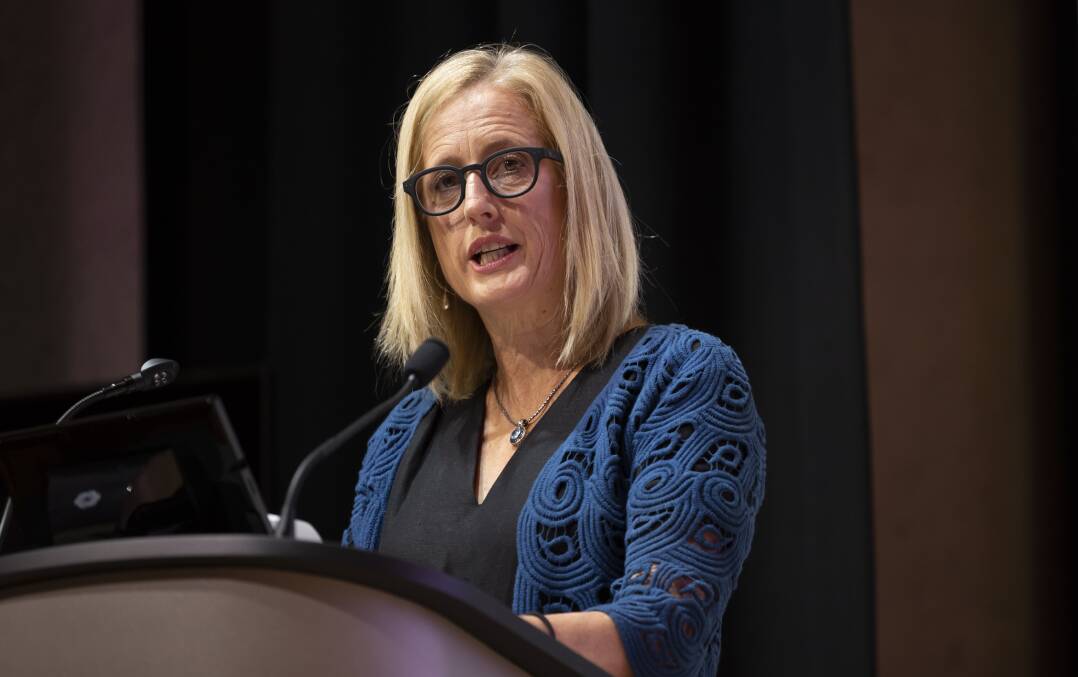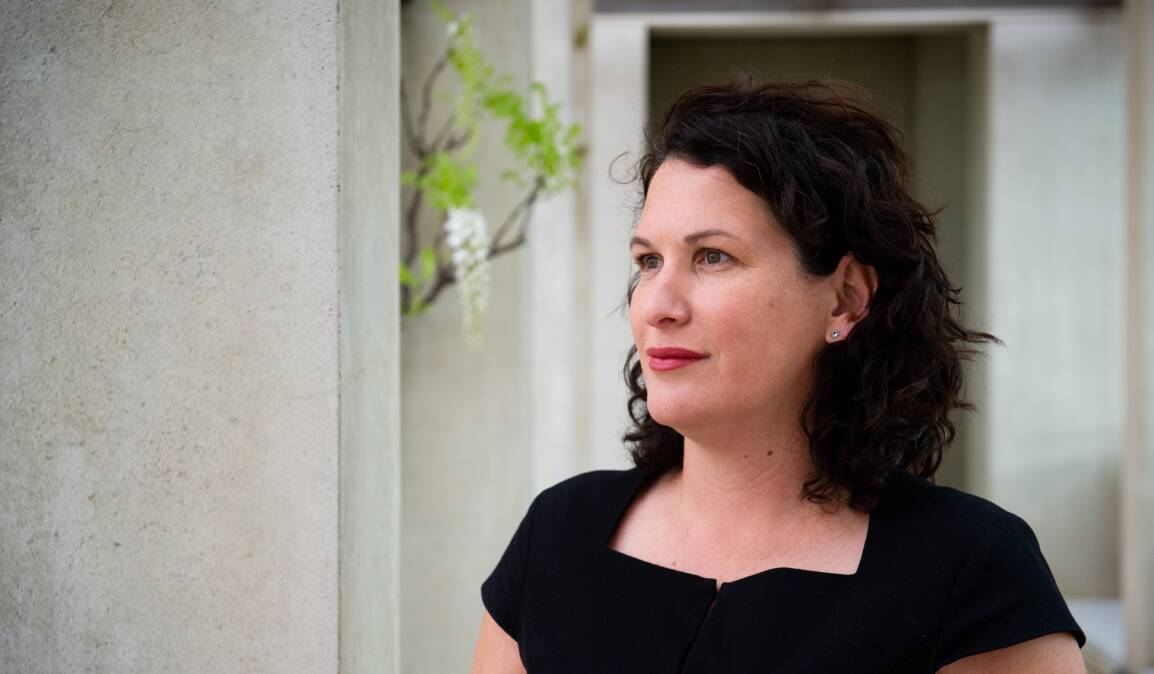
Ensuring the lowest-paid public servants receive a pay boost will be a key issue in ongoing negotiations on pay and conditions across government agencies, Public Service Minister Katy Gallagher says.
Pay discrepancies across the Australian Public Service see people in the same ranks paid differently by thousands of dollars each year, with First Nations entities and those largely comprising women often affected.
"We genuinely want to be a model employer. We want to engage with the union and staff. We want to be better than the previous government," Ms Gallagher said.
"There's the issue of pay, there's the issue of conditions, and there's the issue of standardisation across the public service.
"The fourth issue ... is making sure that the lowest-paid are lifted as well, so it's not just a flat pay rate. We have to look at it a bit more broadly than that."
The Australian Public Service Commission's chief negotiator also said the government would take initial steps to boost the salaries of the lowest paid.

"One of the objectives of the first round of APS-wide bargaining is to seek agreement on a model to reduce pay fragmentation across the APS," deputy commissioner Peter Riordan said
"We will seek to take initial steps to address the pay levels of certain classifications in our lowest-paid agencies."
The proposed model for standardising pay across government agencies will be finalised in talks, but the breadth of the issue means it could take years to ensure public servants are paid equally.
"We suspect it will take a number of bargaining rounds to more closely align salaries between APS agencies," Mr Riordan said.
Bargaining talks take place every three years, and the commission has also highlighted pay discrepancies have developed over decades and will be subject to "current budget pressures".
Community and Public Sector Union national secretary Melissa Donnelly agreed pay inequities wouldn't be solved in a single bargaining round.
"It is a big job to address the extent of pay inequities that's opened up after decades of agency bargaining," she said.
"But there has to be substantial progress towards that goal. We've been pleased to see that is also something the government wants to see addressed."
Both the CPSU and the commission say their proposed models to align pay across agencies will be developed through the course of bargaining.
"Through the negotiation process, we will be developing specific proposals about how the APSC and the government could address that," Ms Donnelly said.
The union has proposed a 9 per cent pay rise for public servants in the first year of the new agreement, 6 per cent in year two, and 5 per cent in year three.
Ms Gallagher said the government would not match this, when it does make an offer after the May federal budget.
"It won't be what CPSU's claim is, but that's pretty standard practice," she said.
"We don't want it to go on, we don't want a dispute. We want our employees to feel respected, but we've got to do it in a way that the budget can afford."
Ms Donnelly did not say what figure the union would be willing to accept in talks, given Ms Gallagher has dismissed the "ambitious pay claim".
"Our members and the union believe it needs to be ambitious after a decade of wage suppression and wage cuts holding back public sector," she said.


.png?w=600)




